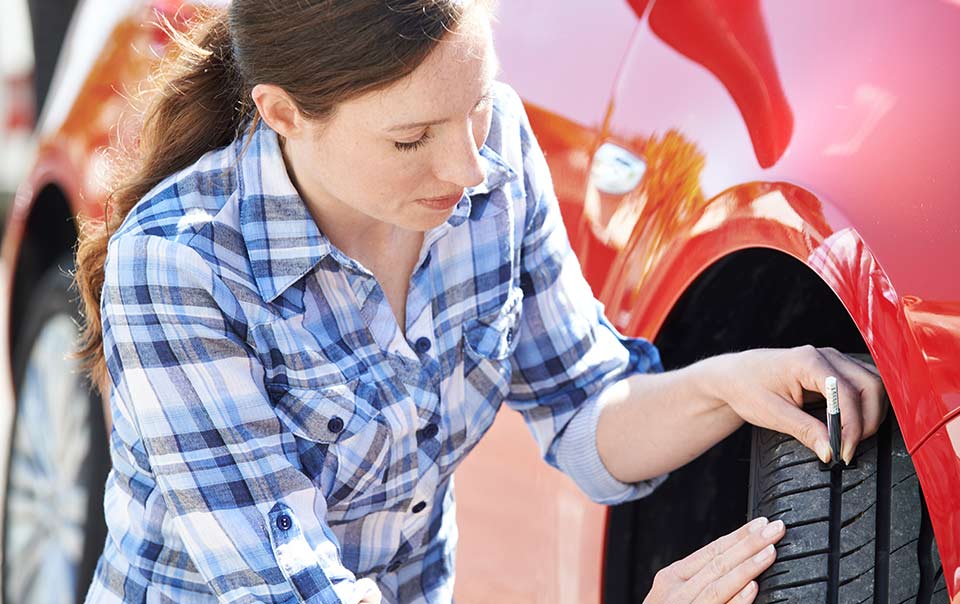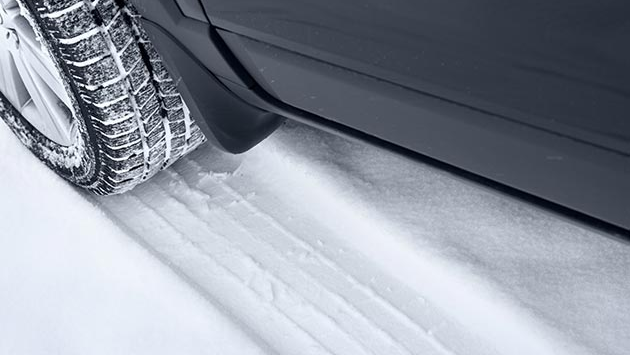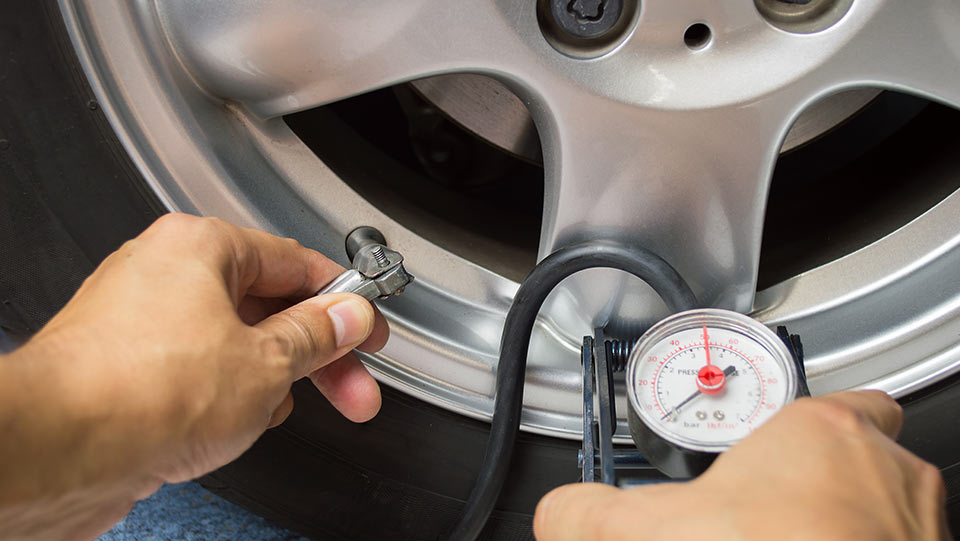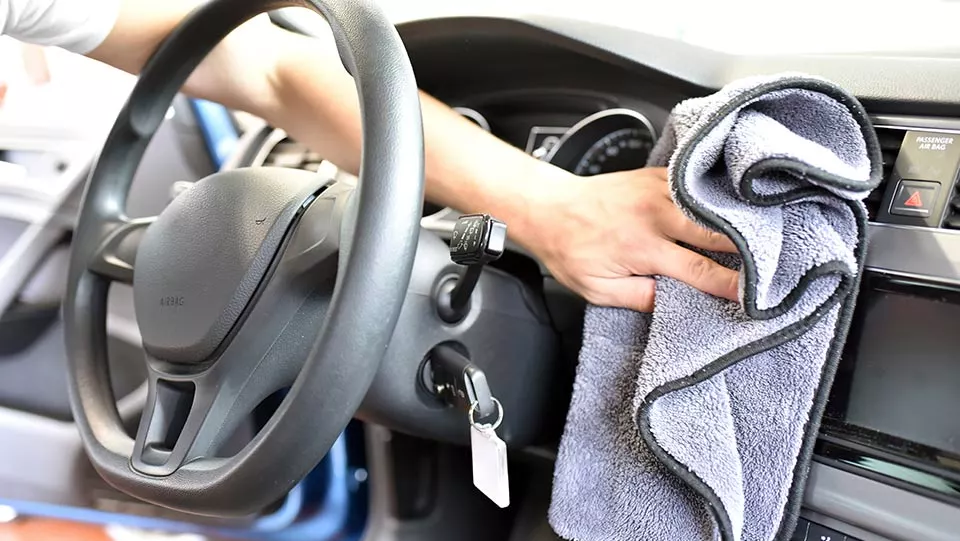The Importance of Regular Car Maintenance


Your car is made up of a number of different parts, and like any well-oiled machine, every part needs to be in tip-top shape to run smoothly. If one part starts to fail, it could affect how the whole car runs. There are a number of things you should do to help keep your car maintained, but do you know why performing certain regular maintenance checks on your car is important? From monitoring fluid levels to testing brakes, understanding your car’s needs can help you identify potential issues.
Monitor car fluid levels
Cars rely on a number of fluids to help keep them running properly. While you may turn to your mechanic during routine maintenance visits, it’s a good idea to perform your own checks in between car inspections. Here’s a roundup of some car fluids to keep an eye on in case they run low, or else they could result in your vehicle not functioning properly.
- Oil. Car engines need oil to lubricate the metal in the engine. If you allow the engine to run out of oil completely, friction caused by metal rubbing against each other could produce unnecessary heat and could make the metal meld together.1 If there is still oil present but it appears to be dirty, consider changing it. Dirty oil is thick and erosive, and any contaminants could start to erode the metal in your car.2
- Transmission fluid. Much like engine oil, transmission fluid helps keep a key part lubricated and functioning properly: the transmission. If transmission fluid runs low, it could result in contaminants forming and can shorten the transmission’s life.3
- Coolant. Made up of ethylene or propylene and water, coolant helps to absorb heat and pass it through the radiator. Coolant breaks down over time because of the hot environment it lives in. As a result, the lack of coolant’s rust inhibitors could cause rust to form, blocking any cooling paths and overheating your engine.4
- Brake fluid. While brake fluid doesn’t get dirty or evaporate, it can potentially absorb moisture from the atmosphere. Since water boils at a lower temperature than brake fluid, it can lead to air forming in your brake lines.5
- Steering fluid. The power steering fluid helps to make steering easier – if you don’t change it, it could make the steering wheel difficult to turn.
Check your tire pressure and alignment
If you ever expect to make it from Point A to Point B, you can’t over- or underestimate the amount of air your tires need. Tire pressure that is too high or too low could affect your car’s cornering, braking and stability.6 When you have high tire pressure, less of the tire touches the ground, affecting your car’s traction and stopping distance. Low tire pressure means more of the tire touches the road; the tires could wear out more quickly and the risk of your tires overheating could increase due to friction against the ground. Check your owner’s manual to determine the recommended tire pressure for your car.7
It is also important to check your tire alignment to ensure your vehicle’s suspension is performing properly. Bad tire alignment can cause your car to veer toward one direction or even result in vibrations while driving. If you notice your car has uneven tread wear, your vehicle pulls to one side over another, your straightened steering wheel appears off center or you experience vibration through your steering wheel, you should take your car to a service technician.8
Perform routine brake checks
Depending on where your morning commute takes you, driving in areas that feature more stoplights and stop signs could mean you are stepping on the brakes more often than if you normally take the highway. Your brakes are a hydraulic system made up of a set of pads that squeeze together when prompted and run on brake fluid.9 If the pads wear too thin, it makes it harder to slow or stop. Your car likely has a service light that would turn on when it’s time to check your brakes, but don’t just rely on that technology; if you see any leaking fluids, notice how thick or thin your pads have become or hear a grinding sound, it may be time to replace your brakes.10
As a car owner, it is your responsibility to regularly maintain your car like you would any other type of property you own. If you ignore your car, it could put your safety at risk.
Sources
1http://auto.howstuffworks.com/car-driving-safety/safety-regulatory-devices/never-changed-oil.htm
2 http://www.meineke.com/blog/often-change-oil/
3 http://www.cartalk.com/content/service-your-car-14
4 http://www.cartalk.com/content/service-your-car-1
5 http://www.dmv.org/how-to-guides/brake-fluid.php
6,7 http://www.cartalk.com/content/service-your-car-13
8 http://www.bridgestonetire.com/tread-and-trend/drivers-ed/tire-alignment
9,10 http://auto.howstuffworks.com/auto-parts/brakes/brake-tests/5-signs-you-need-your-brakes-checked1.htm



